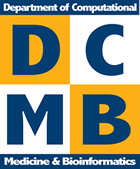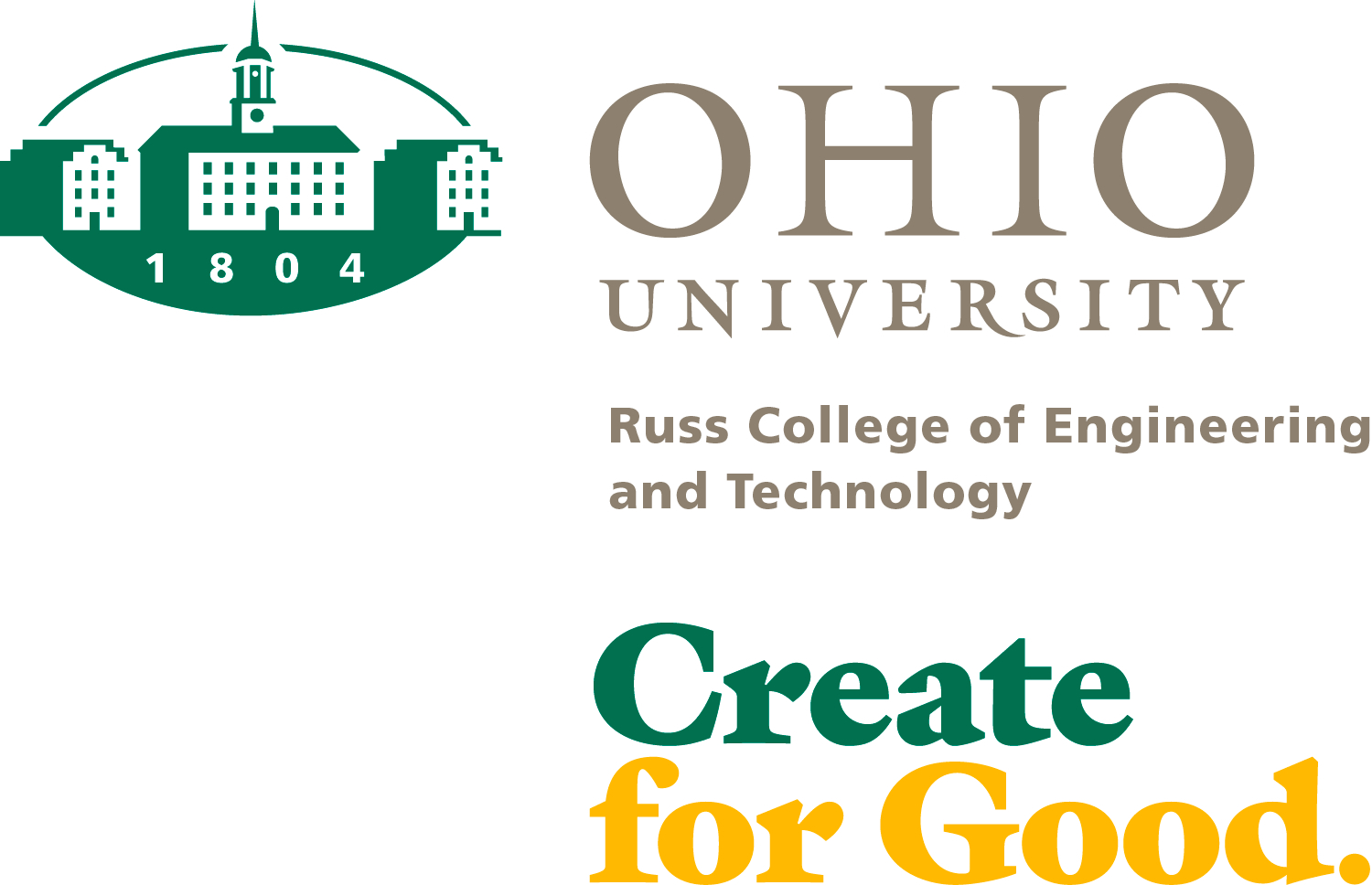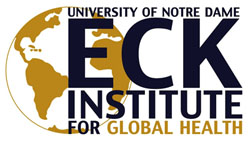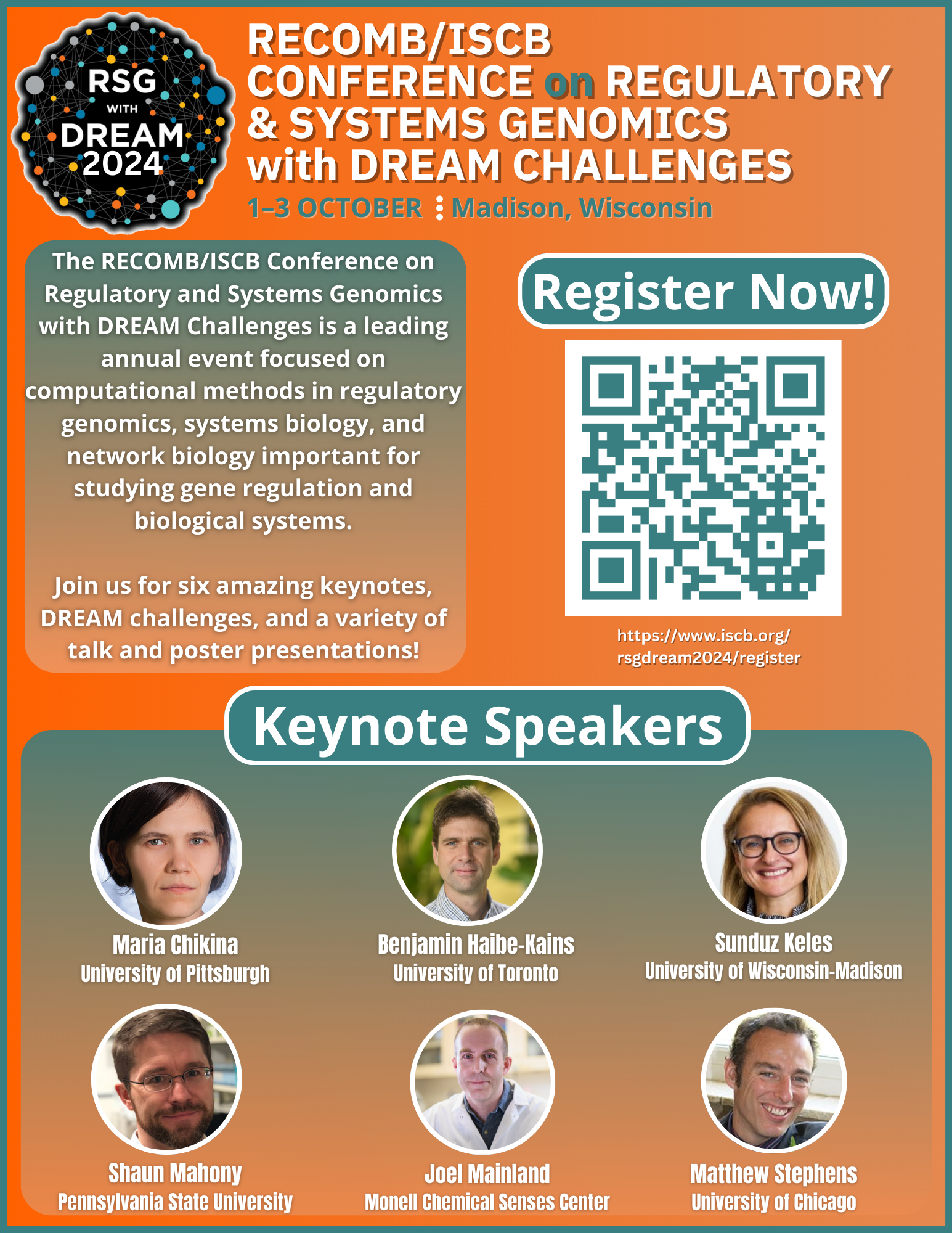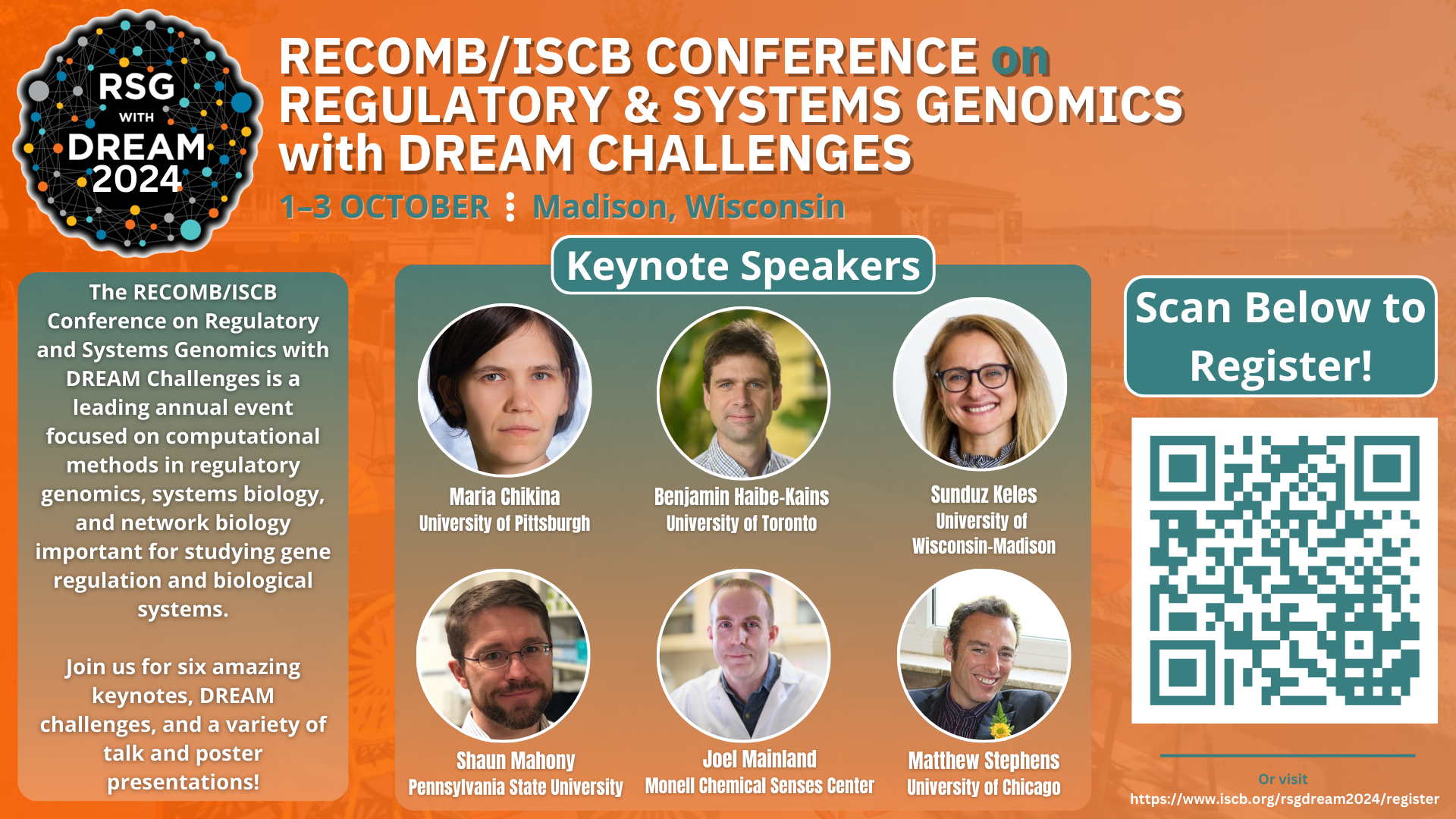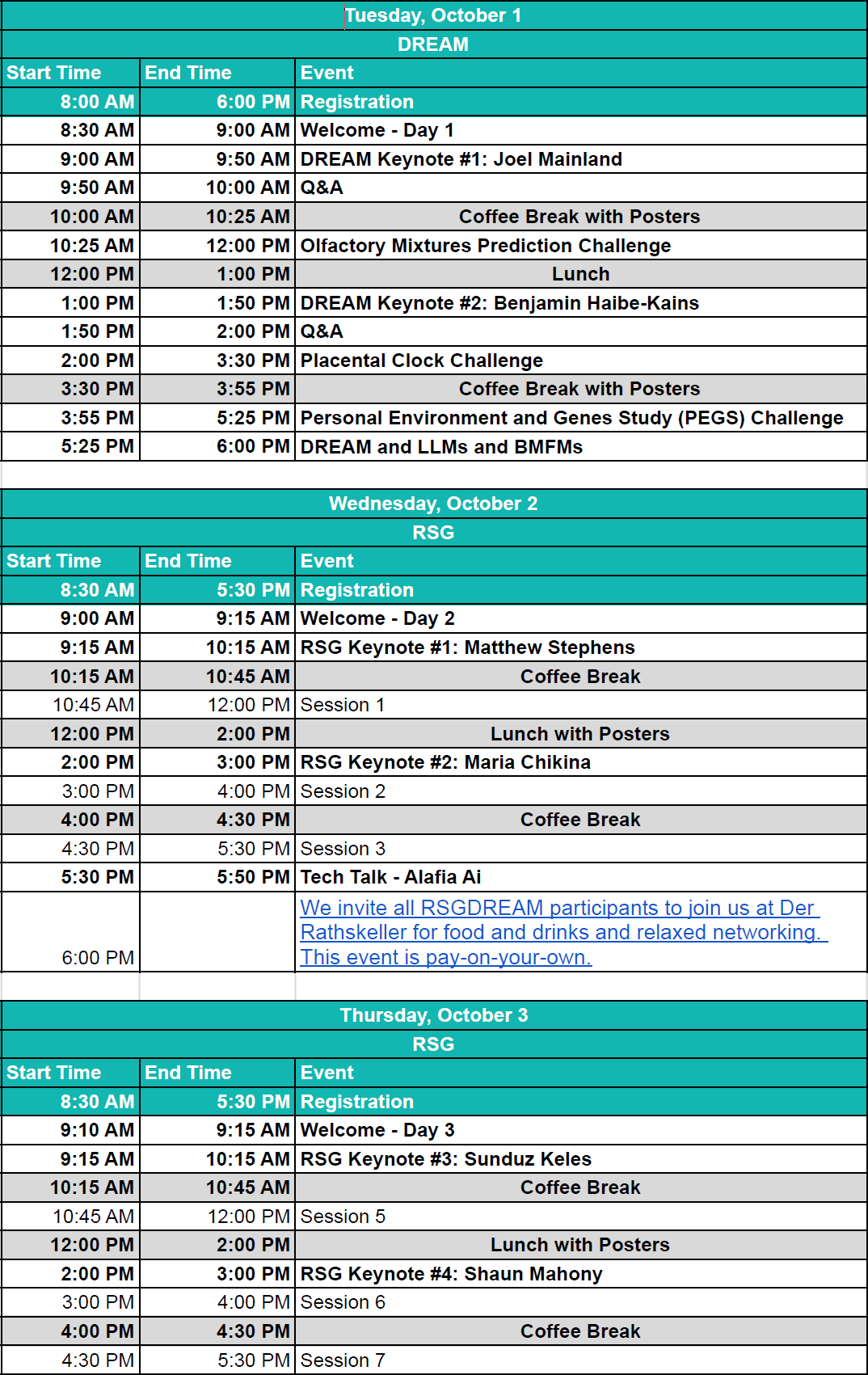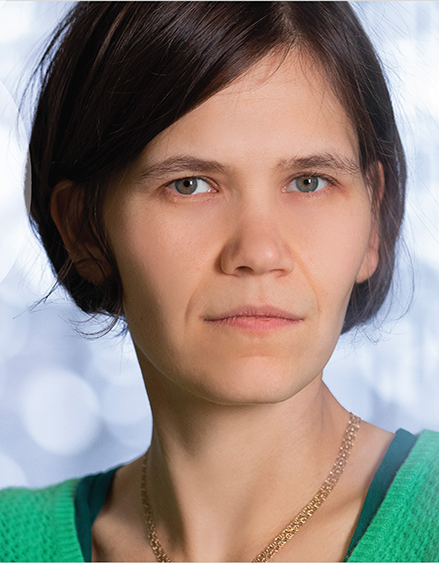 Maria Chikina
Maria Chikina
University of Pittsburgh
USA
Maria Chikina is an assistant professor of Computational and Systems Biology at the University of Pittsburgh School of Medicine. She received her BSc degree in Mathematics and Biology from the University of Chicago and a PhD in Computational Biology from Princeton University with Olga Troyanskaya as her advisor. She did her postdoctoral research with Stuart Sealfon at the Icahn School of Medicine at Mount Sinai. Her group works on diverse data problems ranging from molecular evolution to machine learning for large datasets.
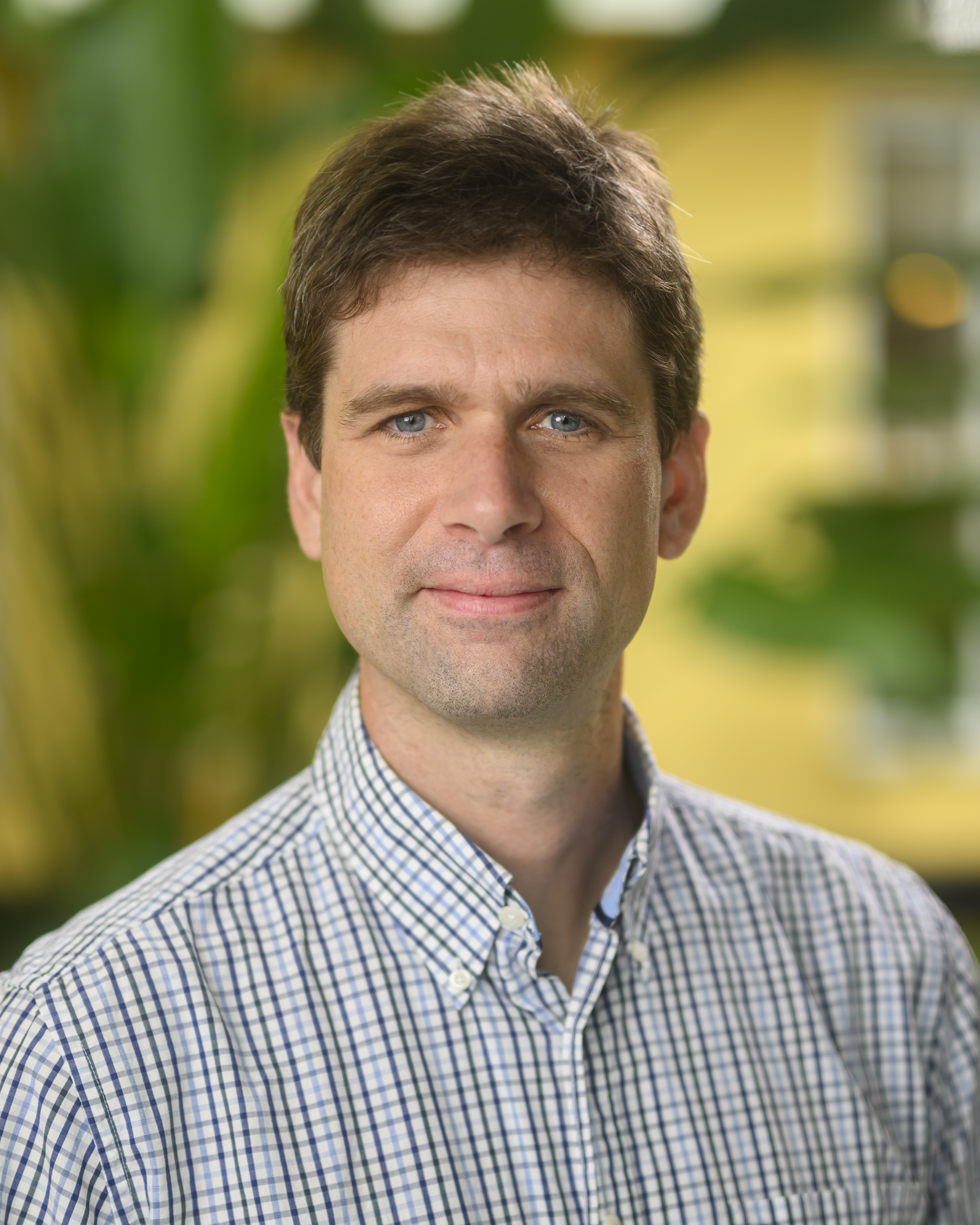 Benjamin Haibe-Kains
Benjamin Haibe-Kains
University of Toronto
Canada
Dr. Benjamin Haibe-Kains is a Senior Scientist at the Princess Margaret Cancer Centre (PM), University Health Network, and Professor in the Medical Biophysics Department of the University of Toronto. Dr. Haibe-Kains earned his PhD in Bioinformatics at the Université Libre de Bruxelles (Belgium). Supported by a Fulbright Award, he did his postdoctoral fellowship at the Dana-Farber Cancer Institute and Harvard School of Public Health (USA). He is now the Canada Research Chair in Computational Pharmacogenomics and the Scientific Director of the Cancer Digital Intelligence Program at PM. Dr. Haibe-Kains’ research focuses on the integration of high-throughput data from various sources to simultaneously analyze multiple facets of cancer progress and therapy response using machine learning and AI methods. Dr. Haibe-Kains’ team analyzes large-scale radiological and (pharmaco)genomic datasets to develop new prognostic and predictive models to improve cancer care.
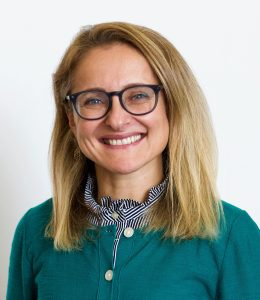 Sunduz Keles
Sunduz Keles
University of Wisconsin-Madison
USA
Dr. Keles is a professor of Statistics and of Biostatistics and Medical Informatics. She obtained her Ph.D. in Biostatistics from the University of California at Berkeley. After a year-long postdoctoral appointment at UC Berkeley, she joined the Department of Biostatistics and Medical Informatics and the Department of Statistics at the University of Wisconsin, Madison. She has more than twenty years of experience in developing statistical and computational methods for genomics, including serving as an ENCODE PI, and pioneering foundational statistical models for leveraging multi-mapping reads in high throughput sequencing data analysis (ChIP-seq, Hi-C). In 2022, Dr. Keles was elected a fellow of the American Statistical Association.
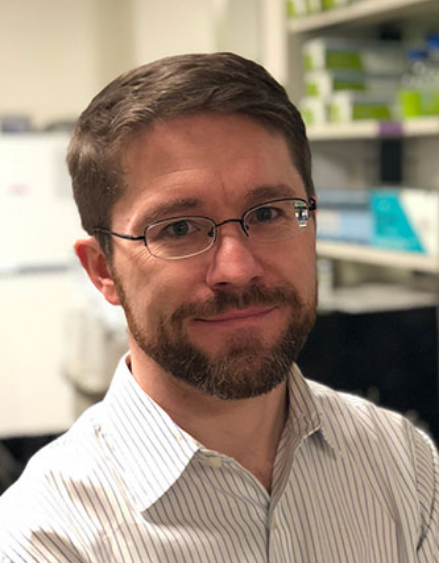 Shaun Mahony
Shaun Mahony
Pennsylvania State University
USA
 Joel Mainland
Joel Mainland
Monell Chemical Senses Center
USA
Dr. Joel Mainland is an olfactory neuroscientist and a Member at the Monell Chemical Senses Center. He has used methods from molecular biology, genetics, neuroscience, and machine learning to examine how humans perceive odors.
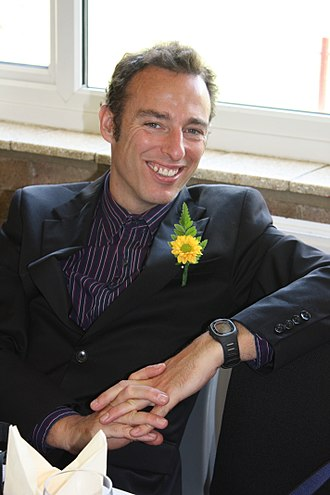 Matthew Stephens
Matthew Stephens
University of Chicago
USA
Dr. Matthew Stephens FRS is a Bayesian statistician and professor in the departments of human genetics and statistics at the University of Chicago. Stephens has a PhD from Magdalen College, Oxford University. He then went on to work with Peter Donnelly as a postdoctoral researcher.. It was there that he developed the Structure computer program, along with Jonathan Pritchard, which is used for determining population structure and estimating individual admixture. He then went on to develop the influential Li and Stephens model as an efficient model for linkage disequilibrium. Stephens was awarded the Guy Medal (bronze) in 2006. He was elected a Fellow of the Royal Society in 2023.
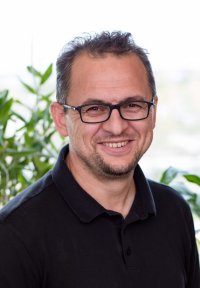 Ferhat Ay, PhD
Ferhat Ay, PhD
La Jolla Institute for Immunology
Ferhat Ay is the Institute Leadership Associate Professor of Computational Biology at the La Jolla Institute for Immunology (LJI) with adjunct appointments at the UC San Diego School of Medicine, Moores Cancer Center, Institute for Genomic Medicine and Bioinformatics and Systems Biology PhD program. Prior to LJI, he was a Research Assistant Professor at Northwestern University (2015) and a CRA Computing Innovation Fellow in William Noble's lab in the Department of Genome Sciences at the University of Washington (2011-2014). Ferhat completed his Ph.D. in Computer Science at the University of Florida (2007-2011) and his B.S. degrees in Computer Engineering and Mathematics both from Middle East Technical University (METU), Turkey, in 2007. His primary research areas are bioinformatics, computational biology, epigenomics, and regulatory genomics. Ferhat and his lab developed computational methods for studying chromatin conformation capture data (Hi-C, HiChIP), including highly utilized tools such as FitHiC, FitHiChIP, Mustache, HiCNV/HiCTrans and dcHiC. He serves as an Associate Editor for PLoS Computational Biology, Journal of Computational Biology, and as an Editorial Board Member for Genome Biology, and in several different organizational roles for ISCB conferences, including ISMB, RECOMB and RSGDREAM.
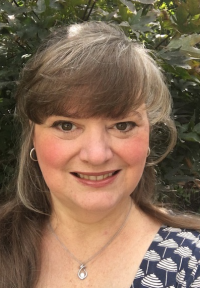 Elise Blaese, MS, MBA
Elise Blaese, MS, MBA
IBM
Elise Blaese is a Senior Project Manager for IBM Research. She supports the work of the IBM Research Healthcare and Life sciences team. She is also a DREAM Director, having worked on outreach, marketing, logistics and management of DREAM Challenges and the Annual DREAM conference since 2011. Elise joined IBM Research in 2008 where she works to find research opportunities for IBM researchers and our partner universities with the NIH. Before joining Research Elise work in IBM’s internal healthcare startups in solutions development and marketing for five years. Prior to IBM, Elise worked for NASA for 10 years in the Space Life Sciences research program where she was a project manager for the Life Sciences Data Archive (LSDA). Elise also worked in payload Mission Control for four Spacelab missions in the early 90’s.
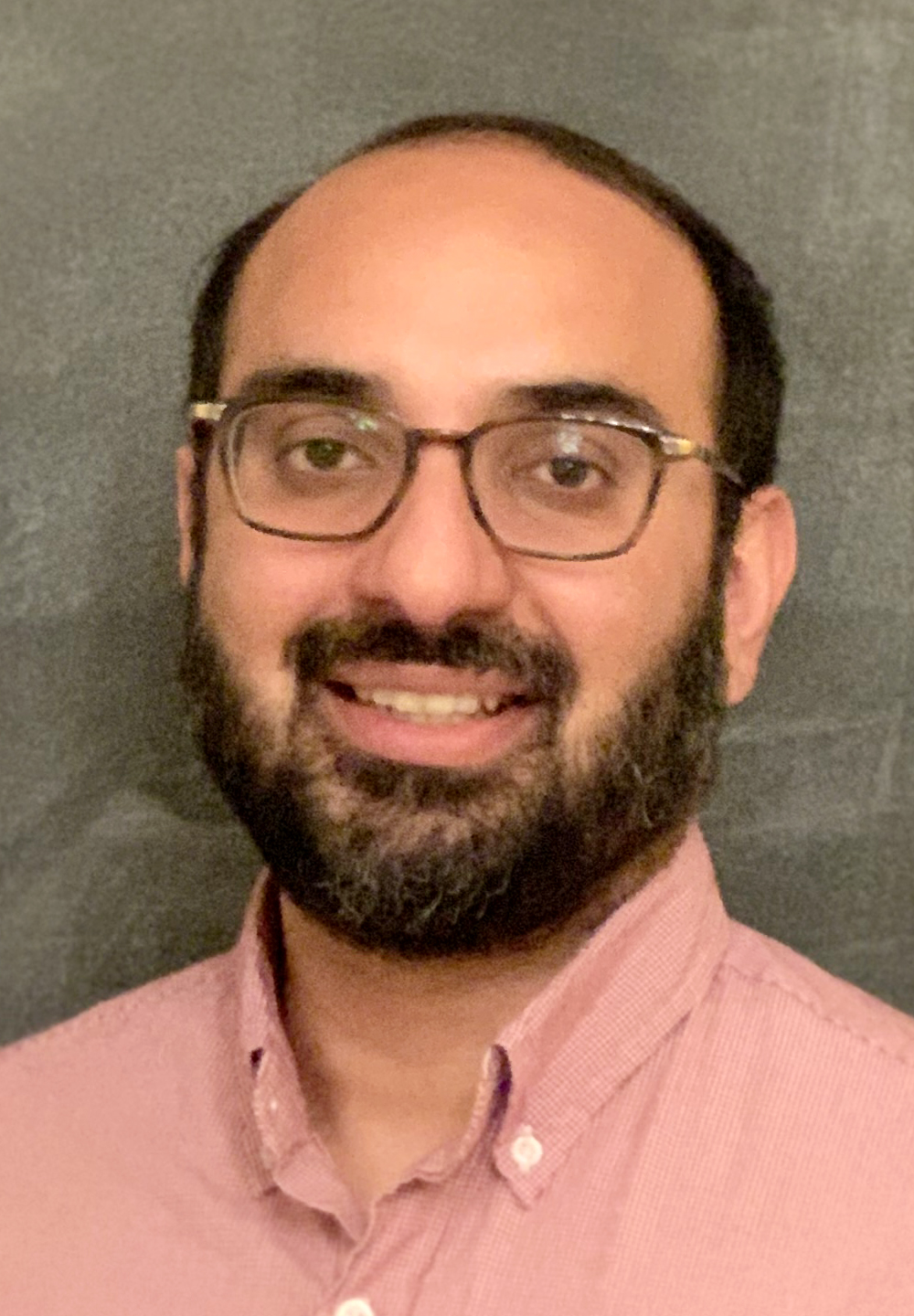 Aly Azeem Khan, PhD
Aly Azeem Khan, PhD
University of Chicago
Aly A. Khan is an Assistant Professor at the University of Chicago, with appointments in the Departments of Pathology, Family Medicine, and the College. He develops computational methods to uncover clinically relevant insights about the immune system, translating these into improved diagnostic and therapeutic opportunities for human health. Previously, he was a research faculty member at the Toyota Technological Institute in Chicago, where he established a basic science research program in computational immunology. In addition to his academic research, he has advanced translational research at Merck, Genentech, Tempus Labs, and currently 23andMe. Dr. Khan earned his Ph.D. in Computational Biology jointly from Cornell University and the Memorial Sloan Kettering Cancer Center. His contributions to computational immunology have been recognized with several honors, including the NIH DP2 NIAID New Innovator Award.
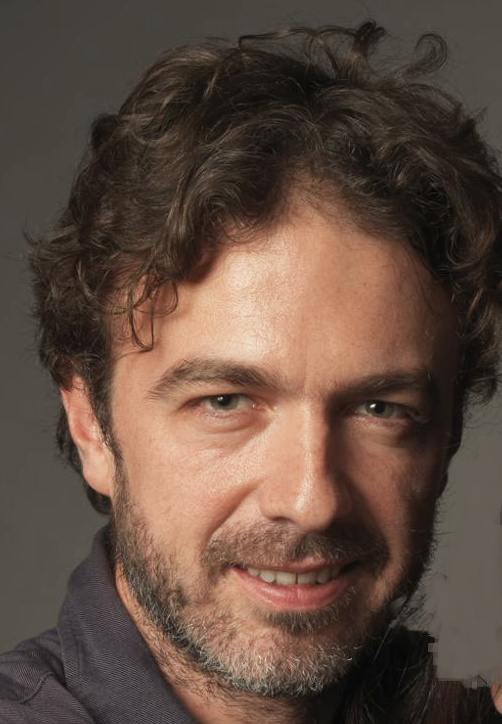 Pablo Meyer, PhD
Pablo Meyer, PhD
IBM
Pablo Meyer is Manager of the Biomedical Analytics and Modeling group at IBM research, Director of DREAM challenges and as such has been working on developing models and applying AI to biological/biomedical problems, Systems Biology, Olfaction and Disease.
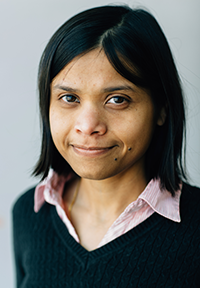 Sushmita Roy, PhD
Sushmita Roy, PhD
University of Wisconsin-Madison
Sushmita Roy is a Professor at the Biostatistics and Medical Informatics Department and a faculty at the Wisconsin Institute for Discovery, University of Wisconsin, Madison. Her research lies at the intersection of machine learning and regulatory genomics. Her group develops and applies computational methods for identifying regulatory networks that exist in living cells and examines their dynamics across different biological contexts. She works closely with experimentalists who study a variety of biological processes ranging from infectious disease, cell fate specification, host microbe interactions, evolution of tissue-specific gene expression that all have a shared goal to understand the underlying regulatory network. Dr. Roy is a recipient of an Alfred P. Sloan Foundation Fellowship, an NSF CAREER award and a James McDonnell foundation scholar award.
Steering Committee
- Bonnie Berger, MIT
- Elise Blaise, IBM
- Richard Bonneau, NYU
- Ashleigh Donnellan, Memorial Sloan Kettering Cancer Center
- Jason Ernst, University of California, Los Angeles
- Bel Hanson, ISCB
- Anshul Kundaje, Stanford University
- Manolis Kellis, MIT
- Diane Kovats, ISCB
- Christina Leslie, MSKCC
- Jian Ma, Carnegie Mellon University
- Pablo Meyer, IBM
- Sushmita Roy, University of Wisconsin-Madison
- Saurabh Sinha, University of Illinois at Urbana-Champaign
- Lonnie Welch, Ohio University
Organizing Chairs
- Ferhat Ay, La Jolla Institute for Immunology, RSG Program Chair
- Elise Blaise, IBM, DREAM Program Chair
- Aly Azeem Khan, University of Chicago, RSG Program Chair
- Pablo Meyer, IBM, DREAM Program Chair
- Sushmita Roy, University of Wisconsin-Madison, RSG Program Chair
Program Committee
Coming Soon
Additional Support
- Bel Hanson, ISCB Director, Operations and Programs
- Diane Kovats, ISCB, Chief Executive Officer
- Justine Morris, ISCB Coordinator, Operations and Programs
- Seth Munholland, ISCB, Lead Technologist
- Maddie Thomas, ISCB, Community Engagement Liaison
- Mallory Wiper, ISCB, Communications Specialist

